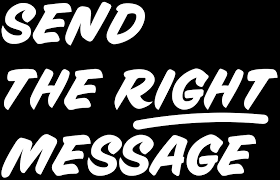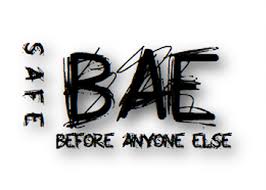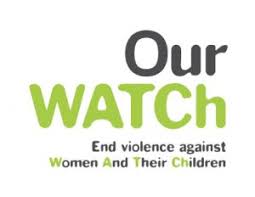Being an active bystander
Women are at greater risk of experiencing violence than men if we live in a culture that justifies, excuses or ignores violence against women and supports disrespect towards women, rigid gender stereotypes and gender inequality.
What is an active bystander?
An active bystander intervenes situations that could lead to violence before it happens, support someone involved, steps in during an incident, and calls out against attitudes and behaviours that support or ignore violence, and that they themselves are not the victim or perpetrator. Doing so promotes a culture that is fair, safe and supportive for people in trouble.
You may be a bystander when witnessing abuse towards a stranger or a friend, you could be told about abuse by friends and family of a victim or perpetrator, read about abusive content online or be told about it by a third party.
Intervening is not always the easy decision, however, there might be ways you can help that will not cause further harm to the victim, yourself or anyone else involved.
How to recognise abuse and violence
Violent acts and abusive relationships don’t all look the same. Ultimately, if you sense a person(s) having power and control over another person(s) then you may need to step in.
Check out Say it Out Loud: Bystander Recognise face sheet.
How to respond as an active bystander
There are many ways for intervening a situation. Remember your safety is important so find a way that you are most comfortable:
- Direct: interaction with the other person (victim or perpetrator)
You could say in a calm and respectful manner “Mate, what are you doing?” or “Are you OK?”. - Distract: by diverting attention of people involved in the situation to something else.
- Delegate: is best if you feel uncomfortable with direct intervention, and if someone else around is better suited to handle the situation.
For more information see Out Watch: Doing nothing does harm.
Check out Say it Out Loud: Bystander Respond fact sheet.
See Send the Right Message: How to be an ally.
SafeBAE: Game on – Because stepping in should be everyone’s game
What’s next
Witnessing violence and abuse is upsetting and you may struggle to cope with what has happened and how you’re feeling. You may feel sad, angry, disappointed or helpless. If this is the case, make sure you seek help for yourself.
Check out Say it Out Loud: Bystander Recover fact sheet.







